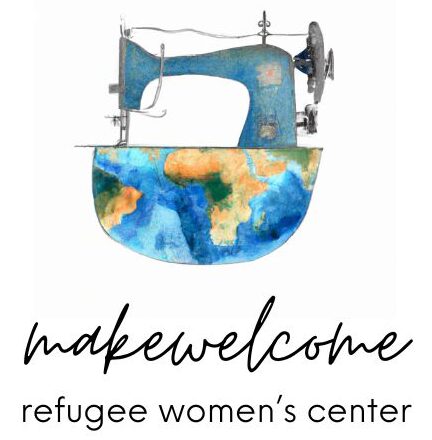Starting in 2025, we’re providing digital literacy training to refugee women, through a partnership with Johnson C. Smith University and the Center for Digital Equity, using an ELL curriculum developed by World Relief. I can’t tell you how many times I’ve referred a woman to a job only to have her give up because she didn’t know how to submit a resume, write a cover letter AND do the the job application through the online portal. It’s time to change that in Charlotte.

Digital literacy training is crucial for refugee women in the United States for several reasons, impacting their ability to integrate, become self-sufficient, and access essential services and opportunities. Here are some key reasons:
- Employment and Economic Independence: Many job applications, resumes, and communication channels for employment are online. Digital literacy helps refugee women navigate these processes, search for jobs, and improve their chances of finding work that supports their families.
- Access to Education and Skill-Building: Digital literacy enables refugee women to access online courses, educational resources, and language learning tools, helping them develop skills needed for better employment opportunities and enabling them to continue their education.
- Social Integration and Community Building: Digital platforms allow refugee women to connect with local communities and support networks, helping them feel more integrated and less isolated. This is especially important for overcoming cultural and linguistic barriers that may otherwise limit their social circles.
- Access to Healthcare and Social Services: Many healthcare providers, social services, and nonprofits have digital portals or applications that require basic digital skills. With digital literacy, refugee women can access healthcare, make appointments, and stay informed about their health and social service benefits.
- Safety and Security: Digital literacy training can also equip refugee women with skills to stay safe online, helping them recognize online scams, protect their privacy, and understand their rights regarding data protection.
- Advocacy and Empowerment: Digital tools offer refugee women a platform for self-expression and advocacy, allowing them to share their stories, raise awareness about refugee issues, and connect with advocacy groups that work on refugee rights.
- Support for Children’s Education: For refugee women with children, digital literacy is essential for helping their children navigate educational platforms, communicate with teachers, and support their academic success in an increasingly digital world.
Will you join us in providing this needed skills to the refugee women we serve?


